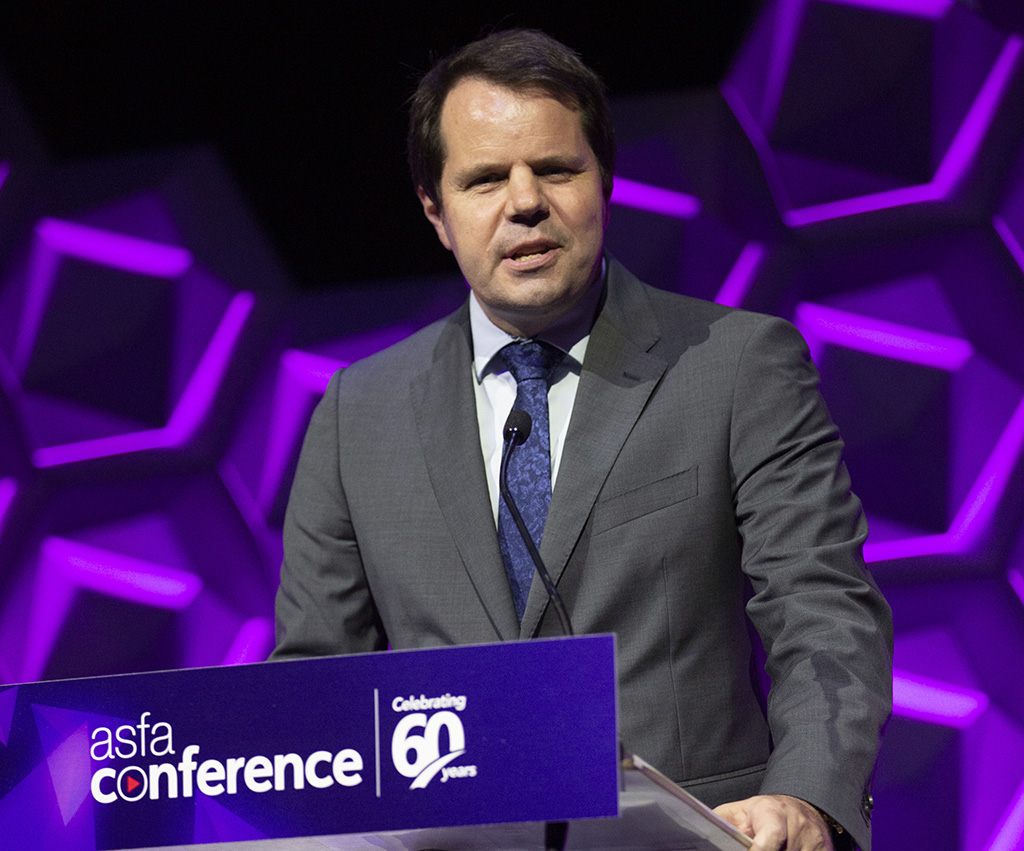With only a few weeks to the Federal Budget and ASFA’s post-Budget analyses briefing in Sydney/Brisbane and Melbourne, now is a timely opportunity to explore Budget Day proceedings (including how ASFA gains and disseminates information), as well as flag some of the themes and issues that ASFA’s policy team expects Dr Chalmers might include on 9 May.
On Budget day, ASFA will have representatives in the ‘lockup’ in Canberra. Treasury controls proceedings very closely (with no phones or smart watches permitted) to guard against any breaches of the lockup protocols.
For ASFA, the lockup is for pouring over the Budget papers, looking closely for anything superannuation-related before preparing an update for ASFA members, as quickly as possible, to detail relevant changes and industry implications.
What might be in the May Budget?
While the previous October Budget was the first one for the new Labor Government, it mostly focused on delivering their election commitments.
The upcoming Budget in May will likely frame where the Government sees the economy heading for the next financial year and beyond and outline spending and any other major announcements or policy decisions. A key focus in this Budget will be on addressing the cost of living pressures Australians are facing.
Glen McCrea, ASFA Chief Policy Officer and Deputy CEO, said the $3 million super tax cap, announced in February, will be in the Budget.
“It is not due to start until 1 July 2025 but we have already seen the draft legislation therefore I don’t think we will see anything new from a superannuation tax perspective.“
McCrea is however hopeful that the Budget will address some of the challenges faced by low-income earners.
“There’s still the strange situation where some low-income earners pay more in tax in super than outside of super, and we need to fix that through the low-income tax offset,” he said.
Introducing Superannuation Guarantee (SG) on parental leave is also something that McCrea would like to see in the May Budget as a way to address the retirement savings gender gap.
“We know women retire with 23 per cent less superannuation than men, so putting SG on paid parental leave will make a difference,” McCrea said.
Superannuation compliance needs to be on the Government’s radar
Superannuation Guarantee compliance is also an issue that McCrea hopes will be addressed in the Budget, to stop Australians from missing out on super when employers pay incorrect super amounts or pay it late.
While most medium and larger employers pay super at a similar timeframe to wages, some small businesses may pay quarterly to help with their cash flow.
McCrea believes that while ideally it’s best to align super payment with wages, for those employers with arrangements in place to pay later, they must not abuse the privilege.
“Any employer that’s been proven to not pay super at the right time to employees should lose the privilege to pay it later. Transparency is an important issue and ASFA’s view is that the ATO can do more to actively try to manage and take stock of some of the super entitlements people are losing,” he said.
How to better understand the Budget implications for super
On the days following the Federal Budget, ASFA is hosting Budget Briefing lunches in Sydney and Brisbane (with simulcast from Sydney) and in Melbourne where panellists including AMP economist, Dr Shane Oliver, and other economists and senior ASFA policy team members will unpack and dissect the 2023 Budget and in particular, its implications for superannuation.
The ASFA Budget lunches are held every year and always attract high attendance.
McCrea attributes the ASFA Budget events’ popularity to the high degree of insight and analysis, from both those on the stage and in the room, as well as attendees’ need for greater context about why any Budget changes are happening.
For more information about the Budget Briefings in Sydney/Brisbane and Melbourne or to register, visit here.







